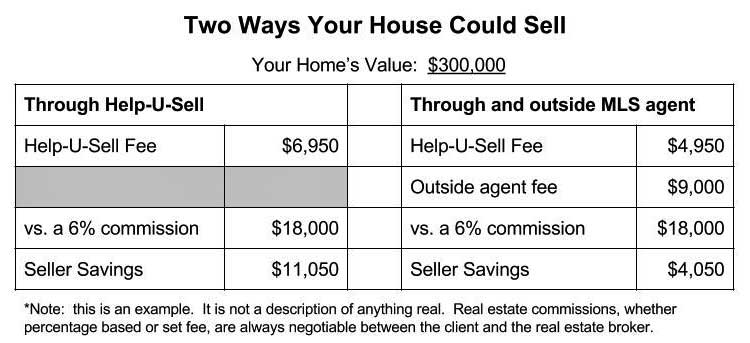
There was so much NEW at this year’s Summit! The large group of attendees brought an energy that sustained us for three days and made it hard to say goodbye to Las Vegas. In no particular order here are SOME of the cool things that happened:
- Mr. Westman attended! Head of our parent company, Infinium, Ron Westman tends to stay in the background usually letting his team navigate the important Help-U-Sell meetings that occur from time to time. Not so this Success Summit! He was present and involved for every minute of meetings and social functions as well. It was a wonderful opportunity to interact with the man that got us through the worst real estate market in history. Thank you, Ron Westman!
- A new CI followup program was unveiled. Working with Mike Paholke and Excel Print/Mail, Jack Bailey, John Powell and the home office team developed a series of 8 customizable postcard mailers for staying in touch with past clients and other Centers of Influence. The program is remarkably inexpensive and provides automatic followup to our most important friends. Watch your email and attend the weekly Power Hour meetings for details.
- A partnership with Movement Mortgage was presented. This rapidly growing mortgage banker comes with an interesting proposition. Instead of waiting to process a loan application until the closing date is imminent, they process everything immediately, completing the package in 7 – 10 days regardless of closing date. This enables buyers and sellers to close early if they choose but more importantly, exposes problems EARLY so that there is no last minute panic. In addition, Movement Mortgage has agreed to undrewrite 25% of the cost of the new CI program mentioned above! Now it is an even better bargain!
- Robbie Stevens showcased our new corporate website, slated to go live around the first of the year. It knocked my socks off! Really: clean and sleek, very forward looking and modern, it makes our competitors’ sites look ancient. And the functionality – rich in video and short on verbiage – is superb. There is a great new home search function that includes a drawing component where any customized geography can be searched.
- OMS Lite was presented. This is a new app available at the Apple Store for Iphone and pad that enables Help-U-Sell brokers to add a new listing on the fly. It includes the ability to upload photos and even phone-shot video directly into OMS. An Android version is running through the approval process and should be available soon.
- Platinum Edge got a dusting off and an update. This tool for use with luxury properties has a new look: stunning black and silver. Guidance on how to use this tool when working with the top of the market will be a feature of future Power Hour meetings.
- Ron McCoy presented a revamped awards program that recognized top listing offices, top buyer side offices and top closed side offices as well as a new Don Taylor Award of excellence. Congratulations to Jack and Cheryl Bailey and Help-U-Sell Greensboro for being tops in Buyer Sides with 59, and to Richard Cricchio and Help-U-Sell Honolulu Properties for being tops in New Listings with 151. Honolulu Properties was also #1 in total Closed Sides with 167. The special Don Taylor Award went to Brenda Fischer at Help-U-Sell Options Unlimited in Terre Haute, Indiana. In a smaller market with a lower average sale price Brenda, through some aggressive and very creative marketing has captured a BIG share of the market and shown us all there is more to parades than marching!
- Maurine Grisso, back from almost two years of illness, delighted the group with her newly published book ‘Before You Sell Your Home.’ Available on Amazon.com and Kindle, it will be on SPECIAL for one day, October 22, for the ridiculous price of $.99. Mark your calender, buy the book and then give Maurine a favorable review on Amazon.
If there was a theme about this meeting is was that marketing – particularly core marketing to your geographical target market – is supremely important today and that no group deserves more attention than our CIs. Systems to get those two things done automatically (and others) are key to growth.
Having missed last year’s Summit, I have to tell you I spent many months hungry for the kind of interaction that only comes when Help-U-Sell brokers from across the country come together to share and learn. I am delighted that I could attend and if I ever miss another – I’ll probably be dead!

